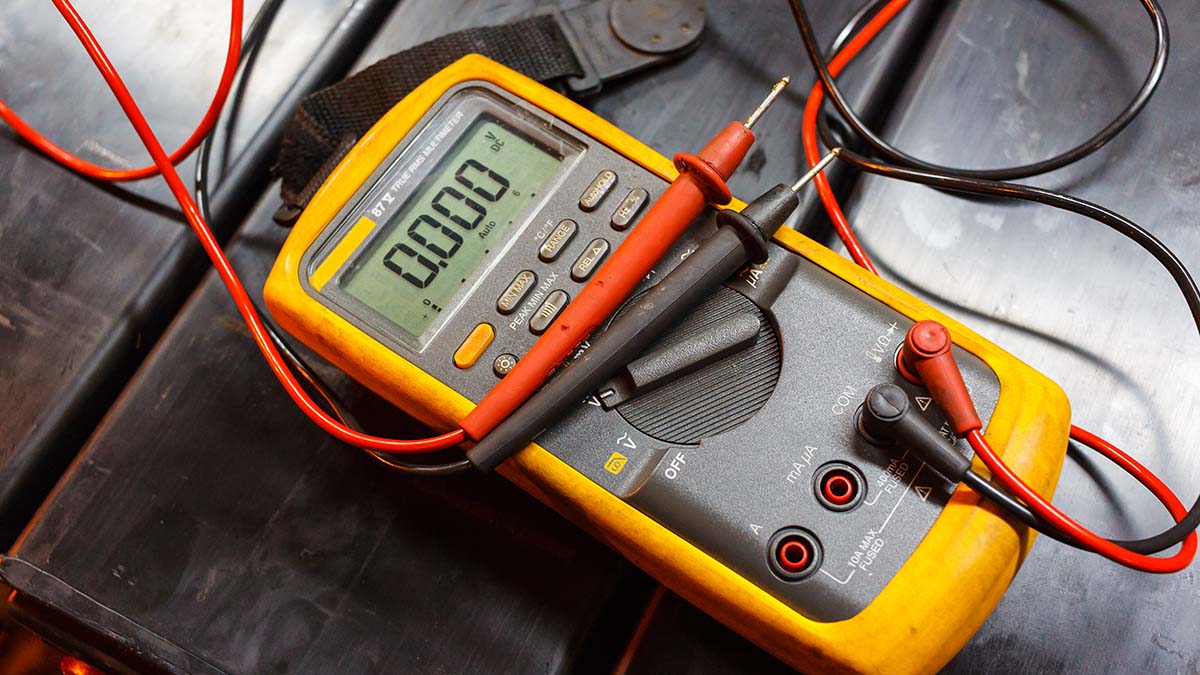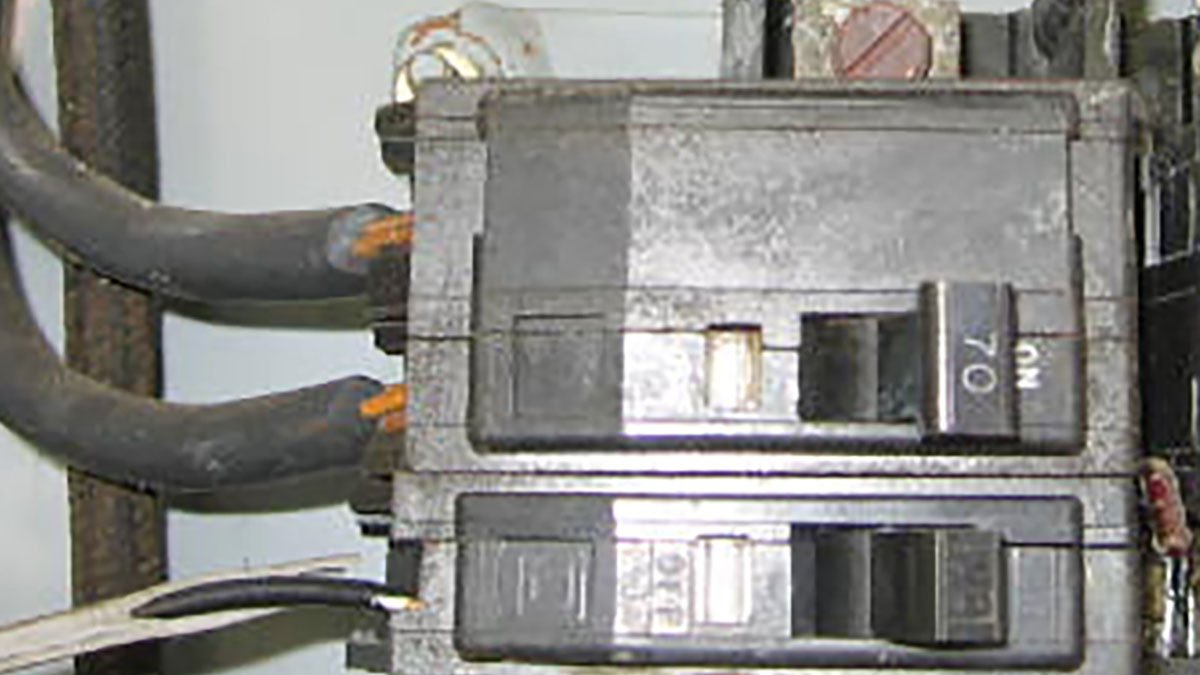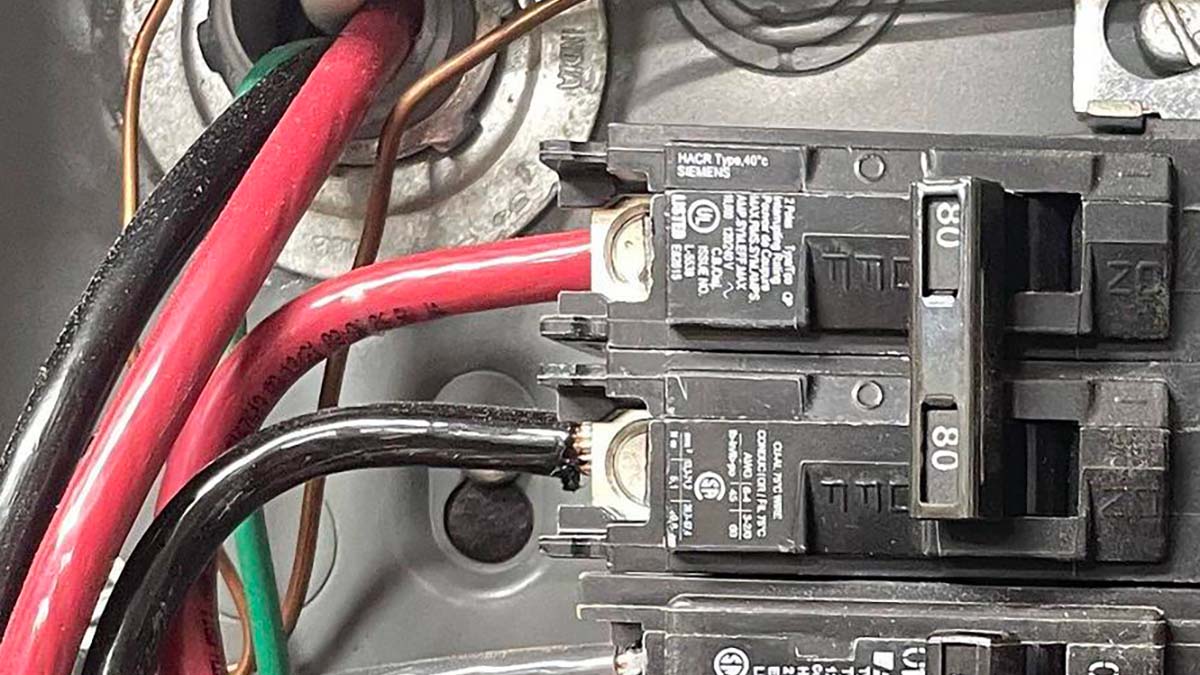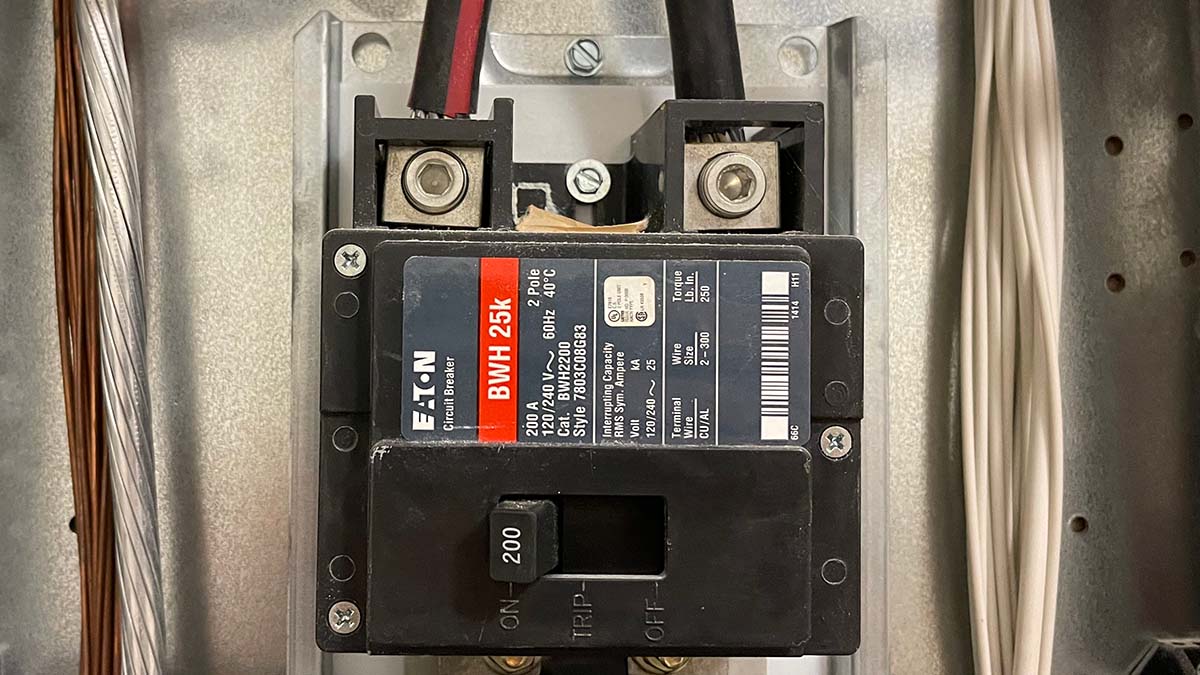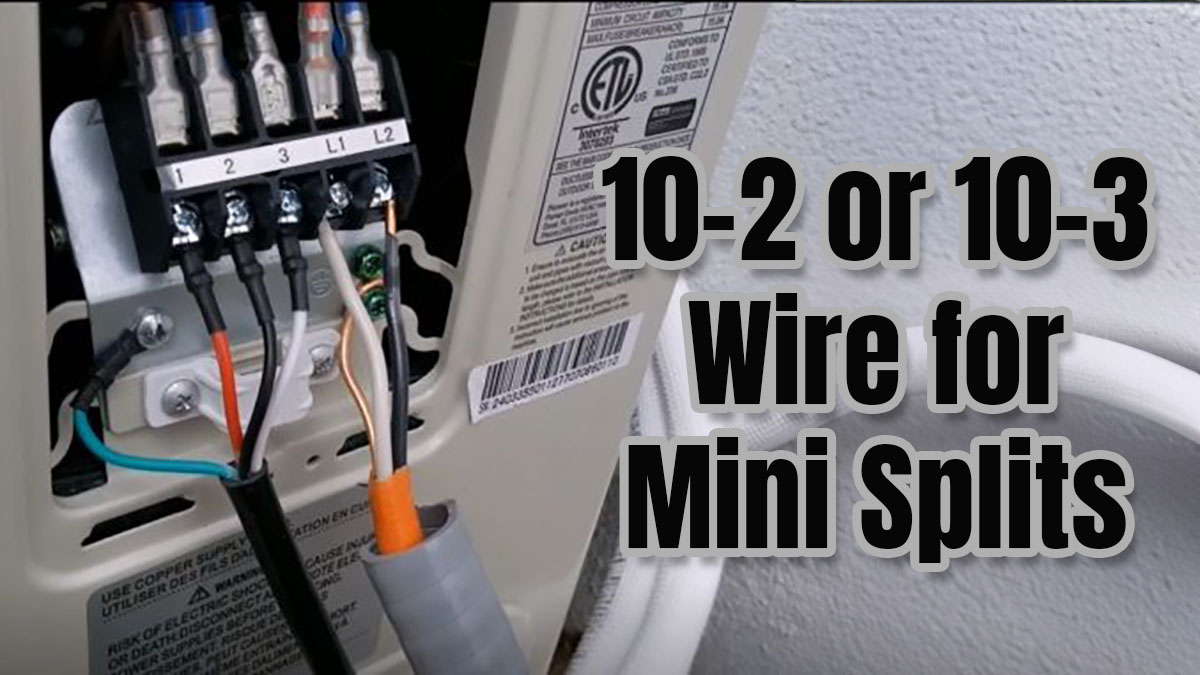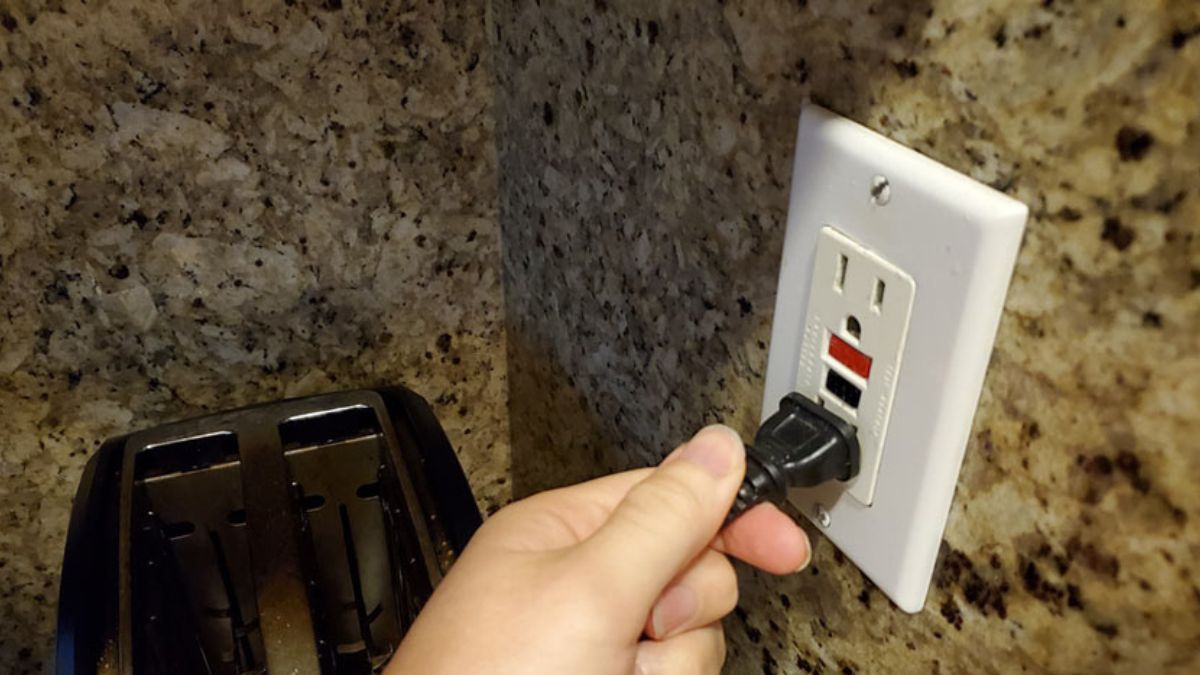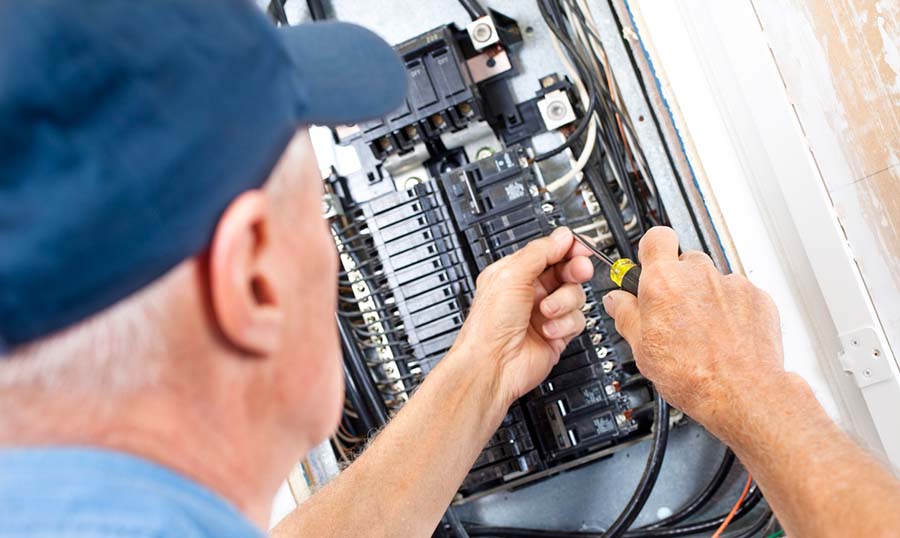
When it comes to renovating your home or just upgrading portions of your house in general, it’s good to know they do’s, and more importantly, the don’ts of all aspects of the endeavor in itself.
However, I am a huge DIY person, especially when it comes to saving money, and I wondered if you needed a permit to upgrade your panel?
Upgrading or replacing an entire electrical breaker box can likely require a permit to verify that the installer follows local codes and safety guidelines. The National Electrical Code (NEC) sets national electric codes but does not enforce these codes. Enforcement of electric codes is handled at the local or county level. Electrical code adoption can vary widely and you should check with your local municipality to determine if a permit is required.
Electrical codes can vary depending on where you live. Still, by and large, any major electrical upgrades to your home need to be overseen by a licensed electrician and will likely require a permit.
You’ll need a permit if you are:
- upgrading a breaker box
- moving a breaker box
- upgrading the meter base or service mast
- upgrading to 200amp service
- running new electrical wiring
- adding a new subpanel
You likely won’t need a permit if you are:
- replacing a light fixture
- replacing a receptacle
- replacing a light switch
- replacing a breaker inside the electrical box
Obtaining one of these permits can be a long and arduous process in some instances, and getting one may not be worth the trouble if you aren’t someone who is constantly renovating homes and buildings.
As such, you may be better off seeking out that professional to not only save yourself time but potentially money as well. However, we will discuss many other similar topics in this article. Continue reading to find out more.
Do I Need a Permit to Upgrade My Electrical Panel?
The short answer to this question is yes. In almost every situation possible involving electrical services, you will need a permit to make any changes to your home or business.
As with nearly anything, there are some rather unique exceptions to this rule, but by and large, you can expect to need one for an upgrade or replacement you need to do on appliances, wiring, or devices in your home.
The primary reason you are required to get a permit would be to ensure the overall safety of everyone who will come and go into the building you are working on and guarantee they are safe to do so.
In a worst-case scenario, imagine someone who does not have the permit does some rather extensive work on your home and immediately leaves the area after they finish the job.
If they do not have a permit, there could be some severe wiring issues that could cause an electrical fire the very next day.
While that is again the worst-case scenario, it is a definite possibility when someone has not proven they know what they are doing. It could put everyone in the building in harm’s way and cost you a hefty amount of money even if no one was harmed directly.
How to Apply for a Permit
Obtaining a permit for yourself can be a somewhat tricky affair depending on what kind of regulations and laws are in place with the state you are residing in.
When applying for your permit, you will be required to have some relatively common information regarding the following:
- Your address.
- The name of the licensed contractor.
- The contractors’ address, phone, and license number.
- Providing other required documentation that varies from state to state.
Going hand-in-hand with the information above, there are a few extra hoops and hurdles you must cross if attempting to obtain a permit for yourself.
These hoops include the following:
- You have proof of homeownership.
- Demonstrate your competency to a chief electrical code administrator via a written or oral exam.
- Showing plans for the upgrades/changes you intend to implement on the rehab/project at hand.
At first glance, the above requirements for the permit may seem a bit extensive, but with people’s lives and livelihoods being at stake, it’s easy to see why you might have to go through such an intricate and demanding process in the first place.
Alternatively, suppose you happen to be a licensed electrical contractor. Your state may allow you to circumvent an application for a permit without a test, but this is again subject to where you live.
Are There Any Exemptions from Getting a Permit?
Nodding towards the exemptions we spoke of earlier, there are a select few cases where getting a permit isn’t required.
Those instances can range from your smaller jobs like fixing switches that have gone bad to change lights out of the area.
Other such exemptions might fall under any jobs that have a maximum of 25 volts between your conductors. Another exemption is not exceeding a total of 50 watts of energy in that location.
Other instances that you may deal with would be replacing things like refrigerators, stoves, dishwashers, and almost any other typical household appliance that wouldn’t necessarily increase the overall electrical load in your home currently.
Essentially as long as the voltage of your home doesn’t increase with the replacement, you are good to go.
You would not be required to get the permit for those instances due to not posing a safety issue due to the minimal amount of energy being transferred or dealt with in the area.
Signs Your Electrical Panel Needs to be Replaced
Knowing when you need an electric panel upgrade is essential if you want to avoid accidental fires or other potentially hazardous situations if you aren’t paying attention to the condition of your electrical panel.
Thankfully the signs as to whether or not it is time for an upgrade are relatively plentiful, and you can have a myriad of different areas that can tell you when to replace the old for something shiny and new!
1. Apparent Damage to the Panel or the Surrounding Area
Suppose the area around your panel appears to be tampered with, broken, or simply off.
In that case, you should consider having a professional electrician come out to inspect the panel to ensure it has the integrity to continue performing as intended.
Anything from falling into a state of disrepair to immediate water damage can lead to your board being replaced, so wear and tear near it can be an indicator that it’s time for a thorough inspection.
2. Warm Electrical Panel
The first is relatively easy to diagnose, a warm electrical panel. Now while this may not innately seem like a huge deal, the truth of the matter is that it showed a rather severe underlying issue.
When your wires get installed correctly, they should be insulated. This insulation of the cables means that you shouldn’t feel any heat coming off of them at all, so if your panel feels a bit warm, you are running the risk of an electrical fire and need to get that checked out immediately.
3. You Have an Old Electrical Panel or Fuse Box
There is not anything seriously wrong with using a fuse-based panel in most cases. The more significant issue arises with modern technology requiring much higher power and the older, fuse-based board not sufficiently meeting this need.
Putting excessive strain on the older model can set your home at risk, and as such, it’s better to be safe than sorry and upgrade to a new one when you can.
4. Older Homes (Specifically Over 20+ Years)
Having an older home is listed directly under the above panel because they are both age-related, and while they could technically be the same, this is a broader circumstance.
Circuit breaker panels can last between 30 and 40 years in most cases. With this being the case, a 40-year-old home is ripe for a replacement, and as mentioned in the snippet above, you can be at risk with older panels.
5. Strange Smells Radiating from the Panel
As with many things in life, any mysterious odors emitting from appliances can indicate a potentially serious underlying issue with the equipment or product at hand.
As such, it is imperative to take time from your day to have a professional come out and investigate the situation immediately.
The primary reason this such an alarming issue is that it typically shows something has already been melted or worse is actively burning within the panel wiring somewhere and that you are on the cusp of having a fire on your hands.
6. Strange Noises Coming from the Panel
Most people don’t spend enough time near an electric panel to note any noises that may or may not be considered strange. Still, suppose you can hear noticeable clicking, buzzing, or even humming sounds emitted from your panel.
In that case, it can be a clear indicator that you have something going dangerously wrong behind the scenes.
As with the other issues, it’s highly recommended you get a professional to investigate the area thoroughly for the safety of everyone in your home or the building you are working on.
7. Breakers Tripping Constantly
If you have circuits tripping back to back, it shows the immense stress placed on your current panel from overloaded circuits. It cannot sufficiently distribute the electricity required in your home.
In older houses, running multiple electrical connections on one branch circuit was common. Current electrical requirements reduce electrical load on circuit breakers by limiting the electrical usage by room, which means an electrical upgrade involving a 3/0 copper wire for 200 amp service panel can hold
If left unchecked, this temporary annoyance can blossom into a serious and dangerous problem, so diligence will go a long way here.
Can I Upgrade My Electrical Panel Myself?
To answer this, we need to call back on the information we’ve already been over for the most part.
If you’ve taken the time to obtain a permit yourself, have the knowledge required to handle the job, and have all the tools and PPE required to undertake the job, you most certainly can.
However, if the opposite is true, you will need to obtain the permit yourself or seek out a licensed electrical contractor yourself and obtain the license for them.
You may even have the electrician apply for the permit so they can complete the job that way. When a permit is obtained, you may need a building inspector to approve the work for the utility company to turn on the power.
Suppose your overall knowledge of electrical work, in general, is limited, or you are just looking to cut labor costs on the project itself.
In that case, we highly recommend you spend the extra money required to hire a professional and save yourself the guesswork and time.
In most cases, unless you are constantly performing work on these kinds of projects, it more than likely isn’t worth getting.
Who Can Upgrade My Electrical Panel?
Suppose you wanted to capitalize on having a professional take care of the job for you. In that case, you can easily refer to any number of your retail business stores that offer tools similar to the job at hand.
More often than not, places like Menards or Home Depot have direct referral services available that can put you in contact with professionals eager to take care of the job for you.
Advantages of Upgrading My Electrical Panel
Upgrading your electrical panel can not only keep your home safe and sound but can have some relatively surprising benefits as well!
1. Keeps Your Home Safe
Avoiding electrical fires and general damage to your home is a must, and upgrading your electrical panel provides this boon to you. It ensures you don’t have to worry about it again for at least another 25 years.
2. Provides Consistent Power
Modern problems requiring modern solutions are a great phrase and an exciting thing to consider with today’s age of roaring technology.
These advances typically call for more extensive and more sustained amounts of electricity, which equates to you needing a more up-to-date panel to supply this growing hunger.
3. Adds Extra Circuits in an Upgrade
Getting yourself into the current era of upgrades will also give you more circuits, as you might guess, which in turn can give you more options in the long run.
Final Thoughts
Upgrading your electrical panel can most definitely be a chore, especially if you intend on taking on the job yourself, but it is most certainly not a job that doesn’t have its unique rewards.
Everything from the peace of mind to outright being a safer place to be in rings true for upgrading your electrical panel, and as such, there is no reason to hold off on keeping yourself and your investment safe.
Sources


